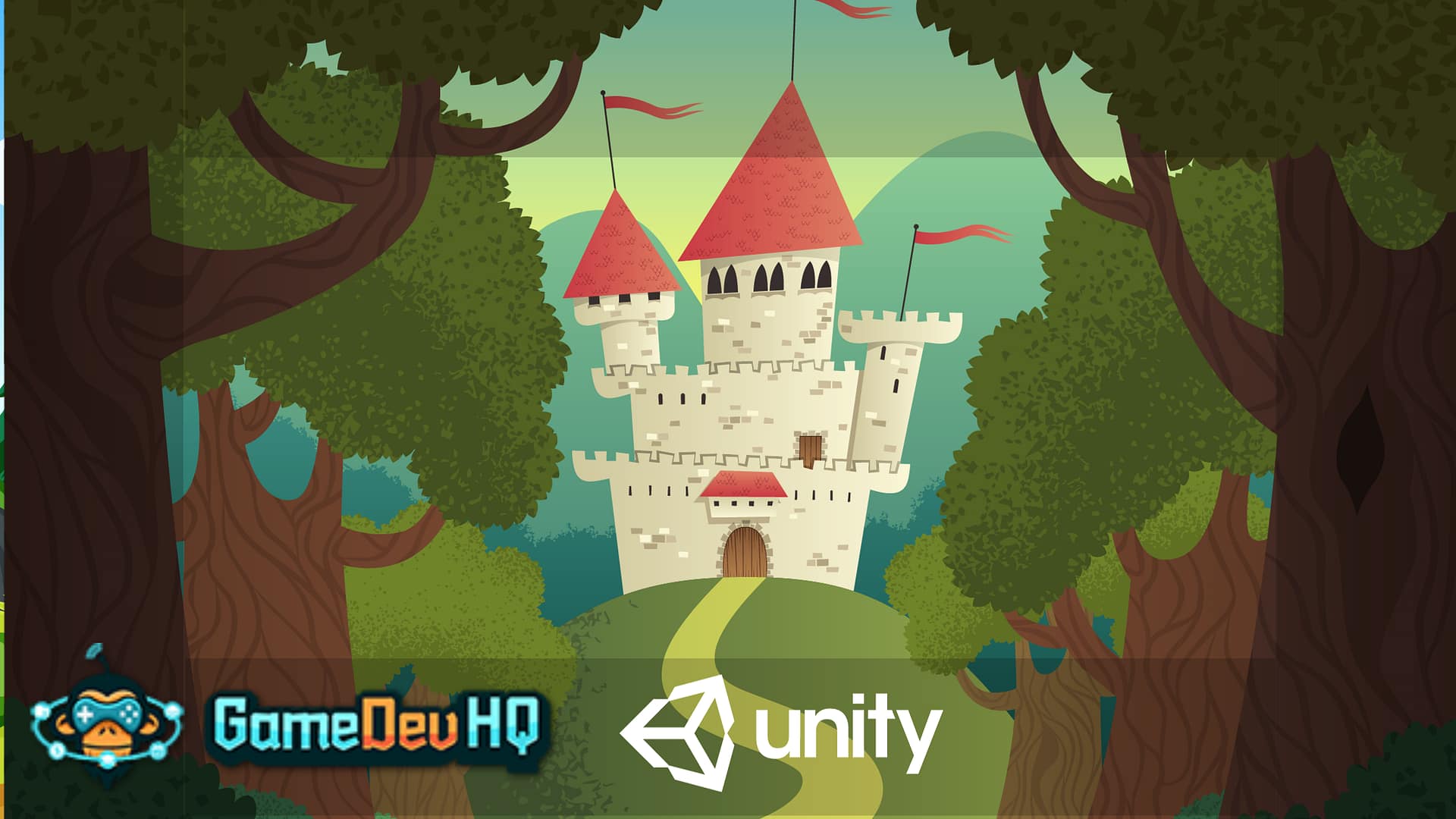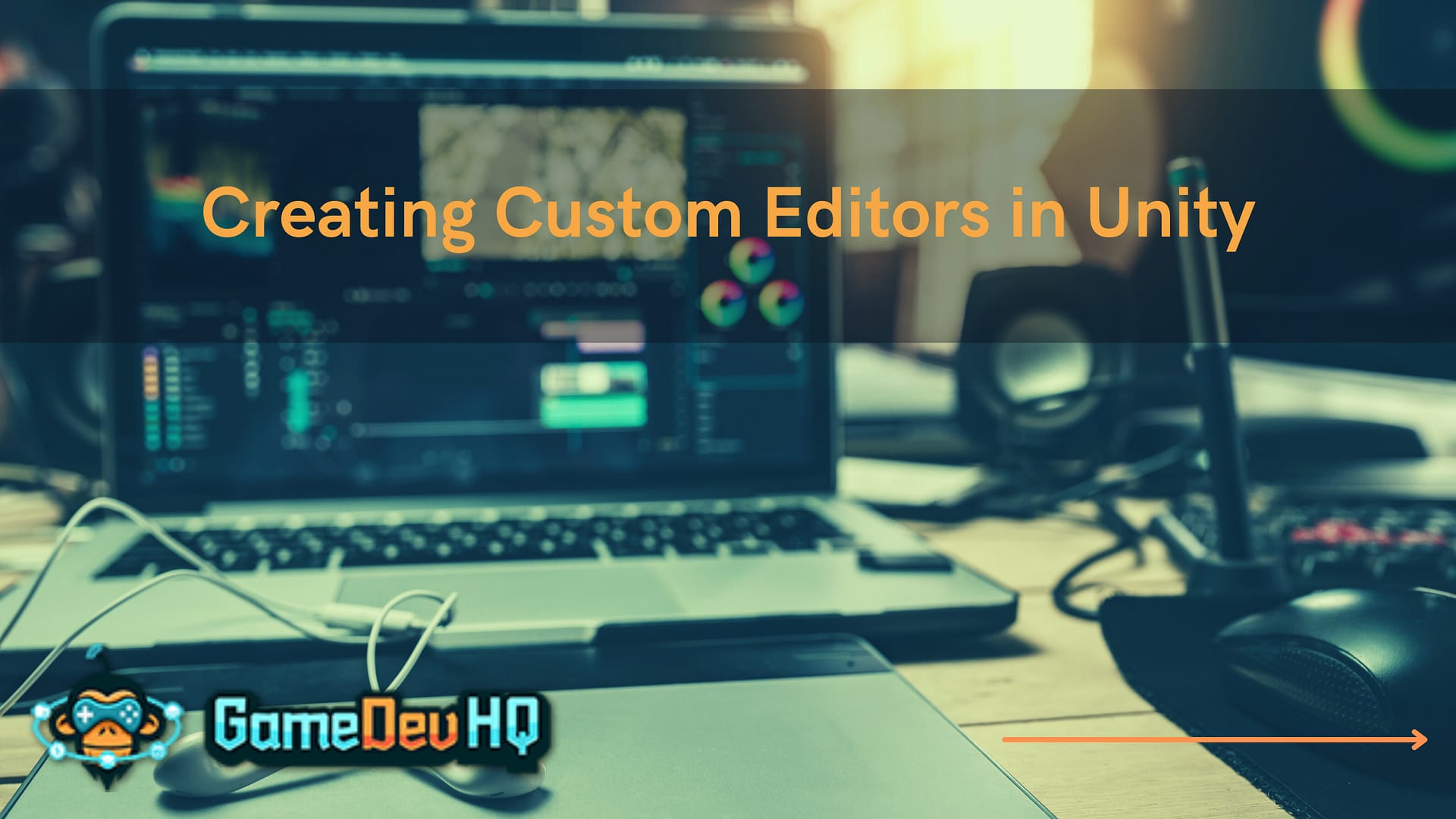In the world of game development, efficiency and scalability are paramount. As a software engineer, you understand the importance of creating maintainable and flexible code in Unity.
Below we’ll explore a powerful concept that every Unity developer should master: Delegates and Events in Unity C#.
The Problem with “Get Component” Everywhere
Before diving into delegates and events in Unity, let’s address a common issue seen among self-taught developers and beginners – the excessive use of “Get Component.” You’ve probably encountered projects filled with calls to “Get Component” to access various GameObject properties. While this approach may work for small projects, it’s far from ideal for professional game development.
Imagine a scenario where you have multiple cubes in your scene, and you want to change their colors when a specific event occurs. The brute force method involves finding and modifying each cube individually, which can be tedious and error-prone. This is a problem that plagues many projects.
Delegates and Events in Unity: The Professional Solution
To create maintainable, scalable, and flexible software in Unity, you need to understand how to use delegates and events effectively. Let’s walk through a practical example to illustrate their power.
Defining the Problem
- You have cubes in your scene.
- When a certain event (e.g., hitting the space key) occurs, you want all cubes to change color.
- You want to avoid the pitfalls of manually managing cube references or tags.
Introducing Delegates and Events Delegates are like function pointers in C#, and events are built on top of delegates. They enable you to create an “observer pattern,” where objects (cubes) can register to be notified when an event (color change) happens without needing to know the source of the event.
The Implementation
- Create a delegate named “updateColor” to define the signature of the event.
- Declare an event called “onUpdateColor” based on the delegate. Make it static for accessibility across the project.
- Cubes register for the event in their Awake method and unsubscribe in OnDisable to prevent memory leaks.
- In the object responsible for triggering the event (e.g., the player character), check if anyone is listening to the event. If listeners exist, broadcast the event with the desired color.
Benefits of Delegates and Events in Unity
Decoupling of Code: Your “turn red” script is generic and doesn’t rely on knowing about the cubes. This decoupling allows you to reuse the script in various projects without breaking anything.
Performance: Delegates and events are memory-efficient and do not create garbage collection issues, making them a performant solution for communication in Unity.
Scalability: Whether you have 10 cubes or 10,000, the code remains the same. Delegates and events provide a scalable way to handle events and communication in your game.
 Real-World Use Cases
Real-World Use Cases
Delegates and events are commonly used in game development for various purposes, such as:
AI Systems: AI enemies can communicate with each other using events, allowing them to coordinate actions like calling for backup when under attack.
Tower Defense Games: Tracking enemy progress or notifying waves of enemies often relies on events, simplifying complex game logic.
Callback Systems: Delegates and events are perfect for notifying when specific processes or animations have completed, enabling seamless gameplay transitions.
Mastering Unity requires a deep understanding of advanced topics like delegates and events. These concepts empower you to create professional, efficient, and scalable game code. By adopting best practices like using delegates and events, you’ll enhance your game development skills and deliver high-quality games that stand out in the industry.







